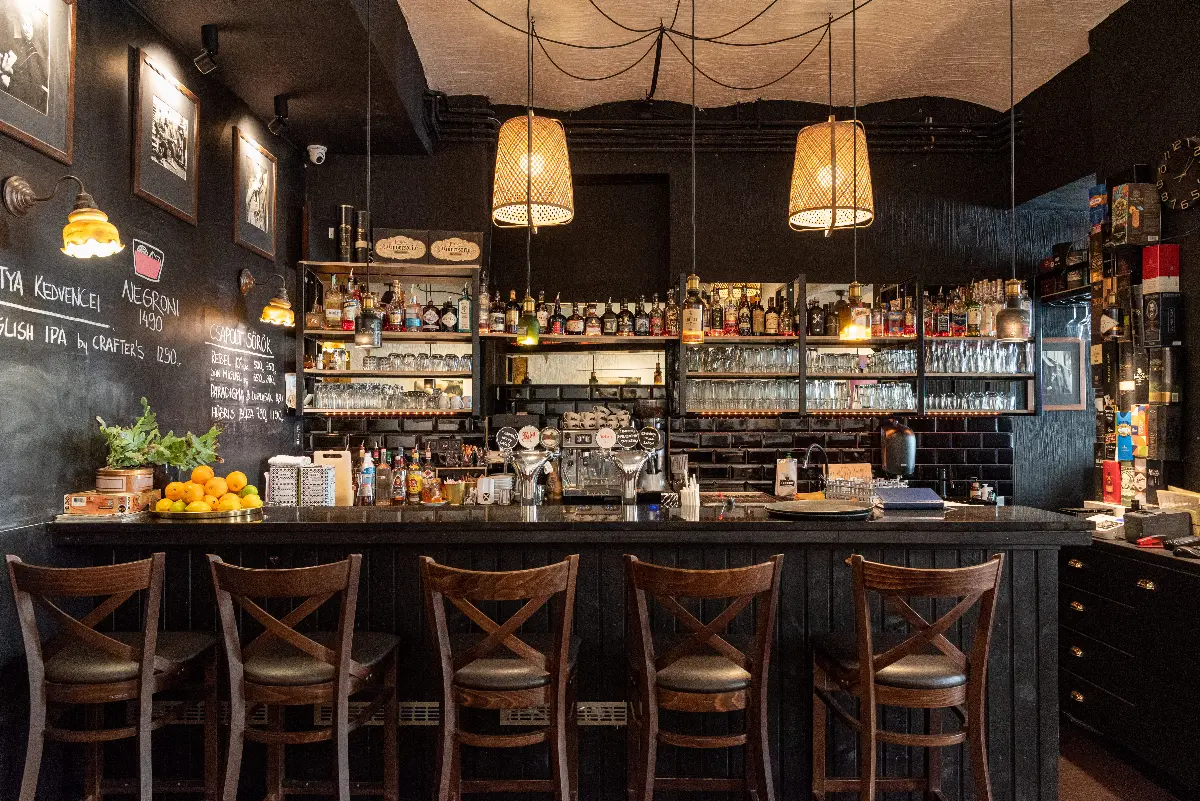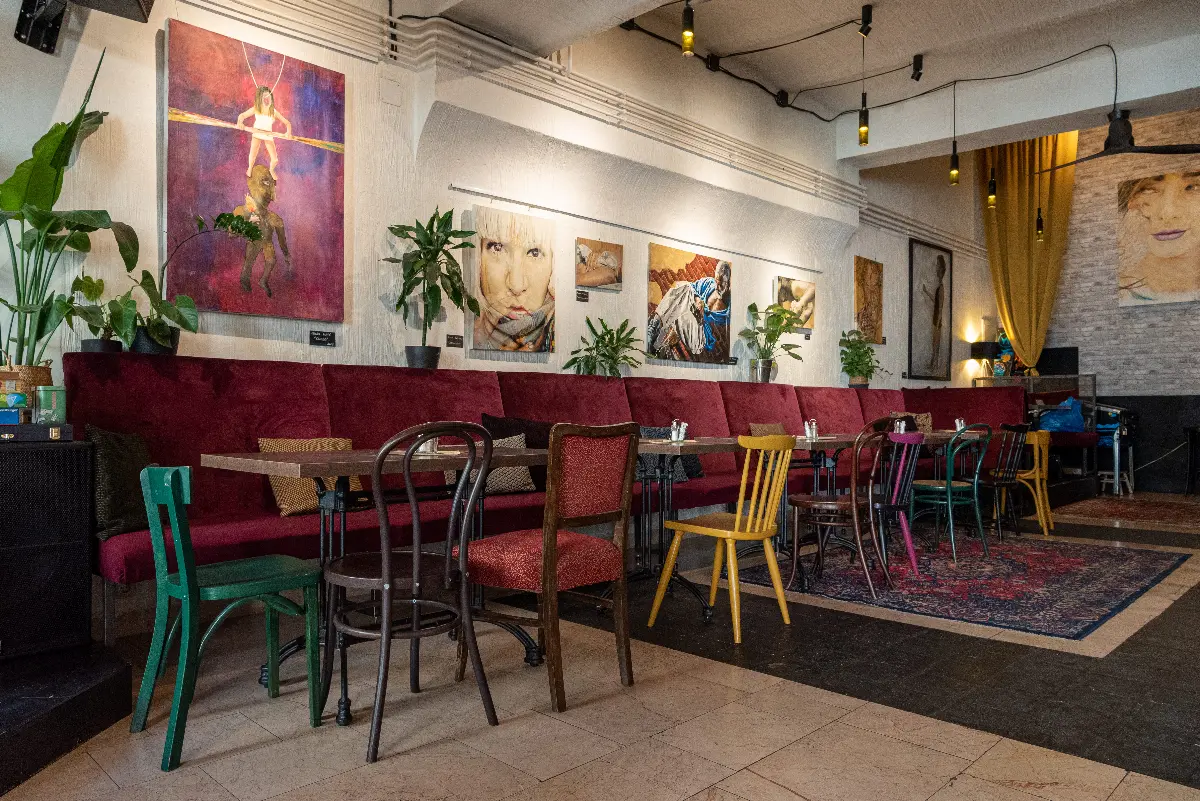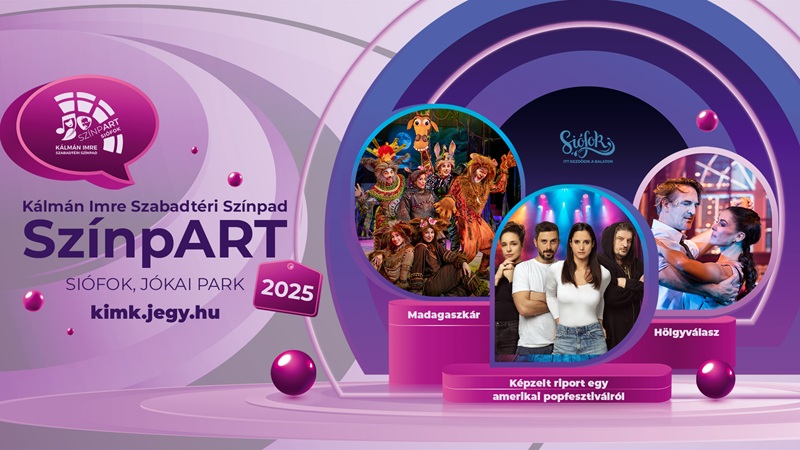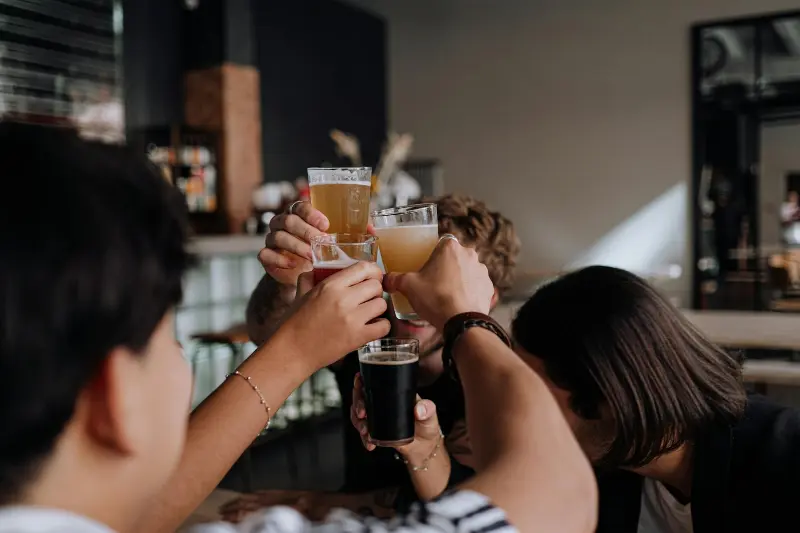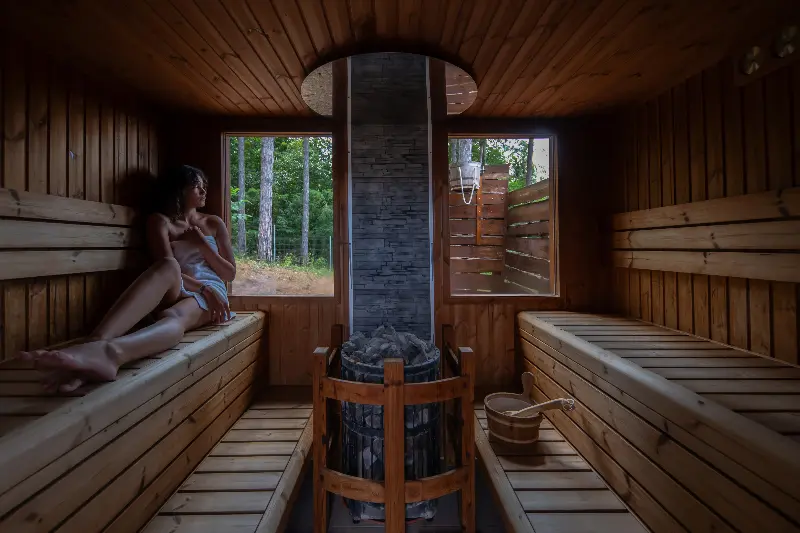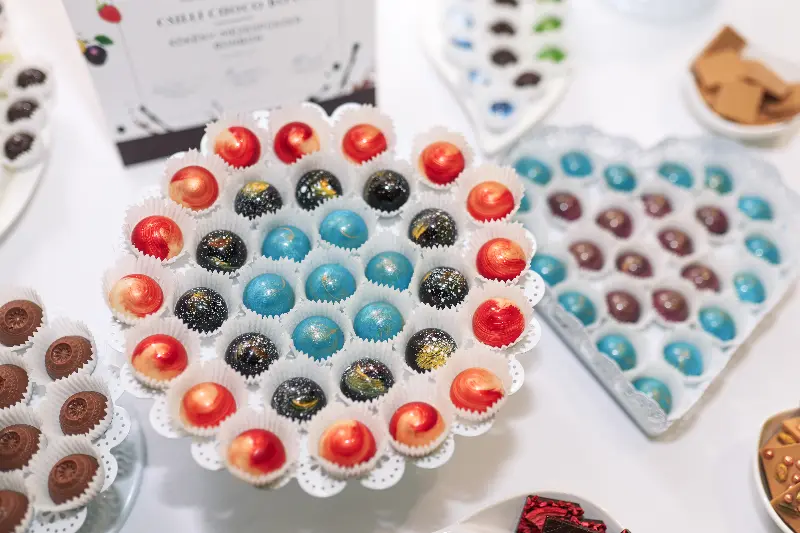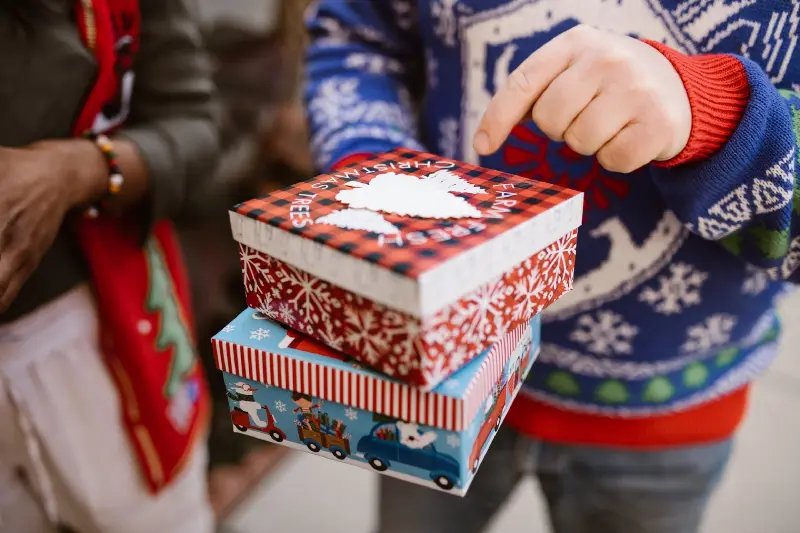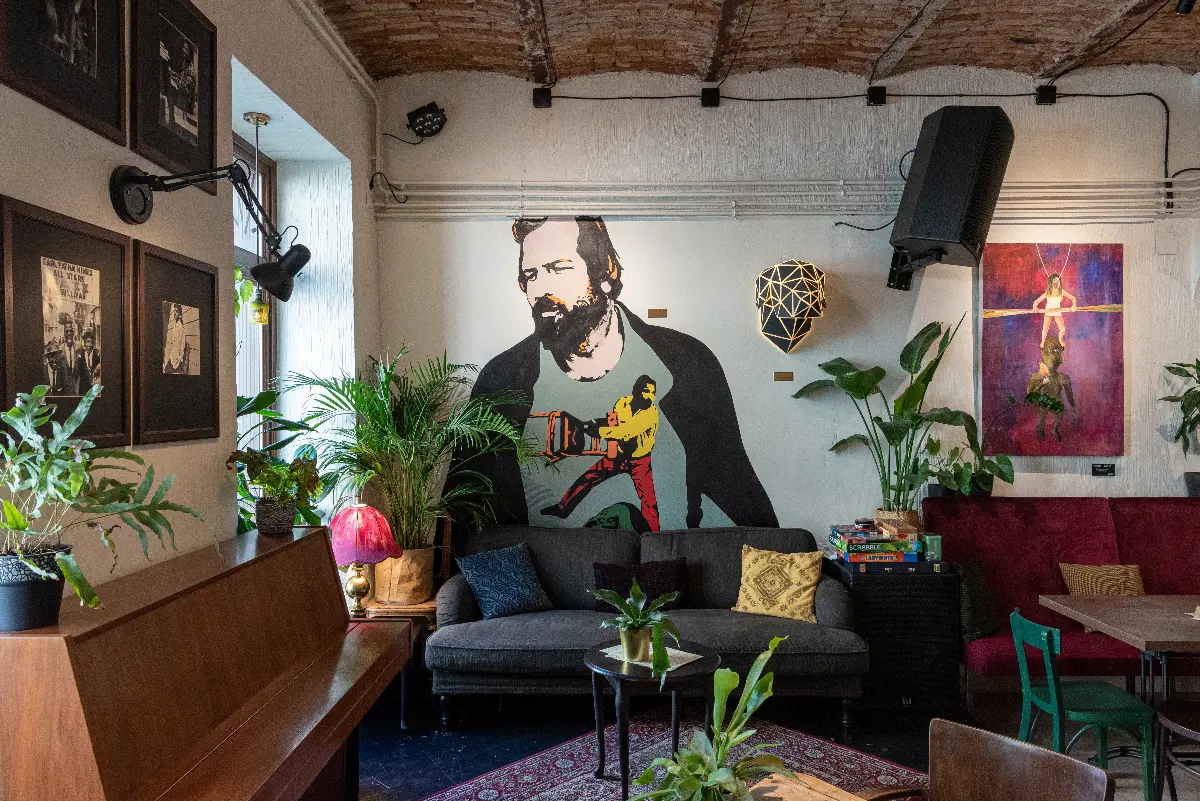
Helyszín címkék:
Not a restaurant, not a pub, not a cultural space. It is “Papírkutya” (Paper Dog)!
Novitatis
Where did the idea of the “Papírkutya” (Paper Dog) come from?
Recently we changed our location, we moved from Budapest to Balatonalmádi, mainly because of our children. We needed a place here near Lake Balaton to let the Budapest existence go for good. It was important for us that my husband did not have to commute to the capital, both for the sake of family peace and the new place. We came up with the concept together: for me, just creating a pub or a restaurant would not have been enough. The “Papírkutya” (Paper Dog) is not a restaurant, it is far more like a home than that. It is rather a restaurant-style catering establishment with a personality. I wanted to include in this concept a cultural space with exhibitions, music programmes, literary evenings. The final push came from the Capital of Culture project.
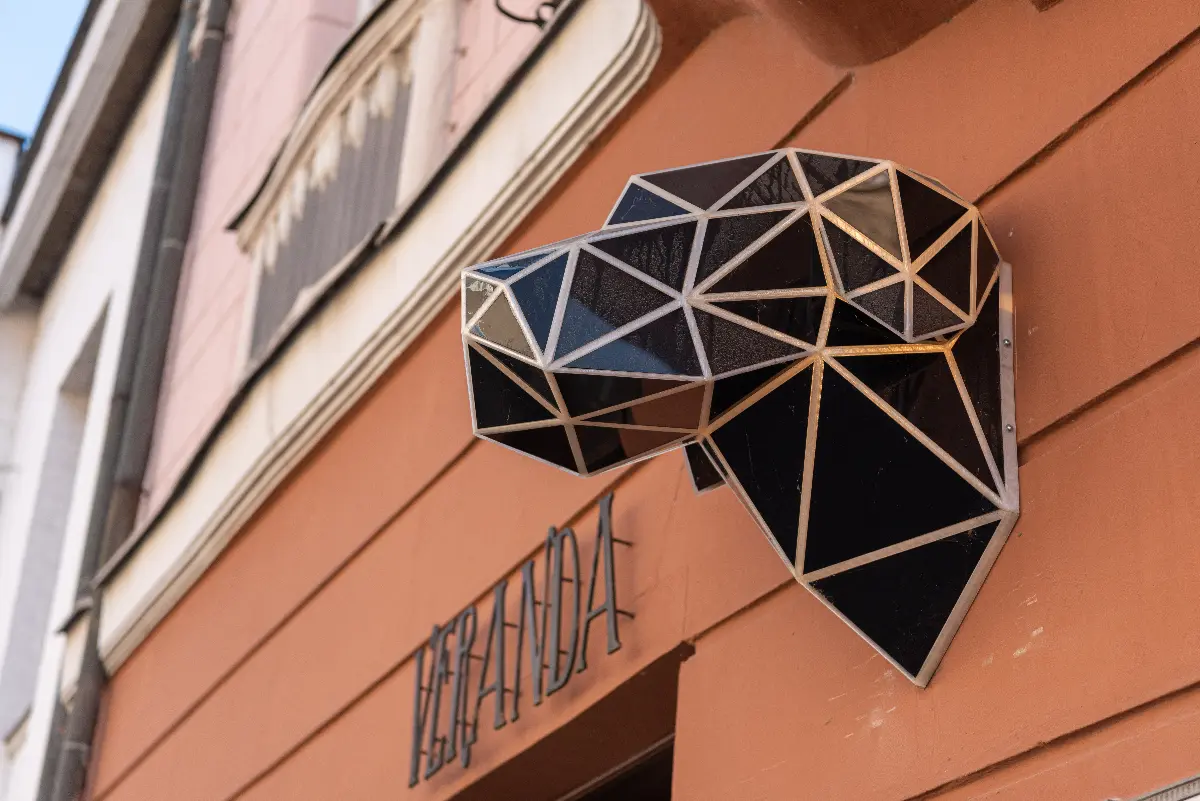
How are you involved in this project?
The streetscape competition of the Veszprém-Balaton 2023 European Capital of Culture project was looking for ideas that could fill the empty shop space in the main square that we had previously had our eye on. To our greatest delight, our concept could now be realised on this site, which used to be a commercial site.
What atmosphere do you want to evoke? What do you think is so special about the “Papírkutya” (Paper Dog)?
The term that comes closest to our vision is probably a “cultural bistro”, if I have to choose a category. But we do not really like the term “bistro”. I am a very stubborn person and my husband has run a lot of places, so at “Papírkutya” (Paper Dog) we just do what we like to do. We do not have a contract with a beer company or Coca-Cola, we just offer what we want to offer.
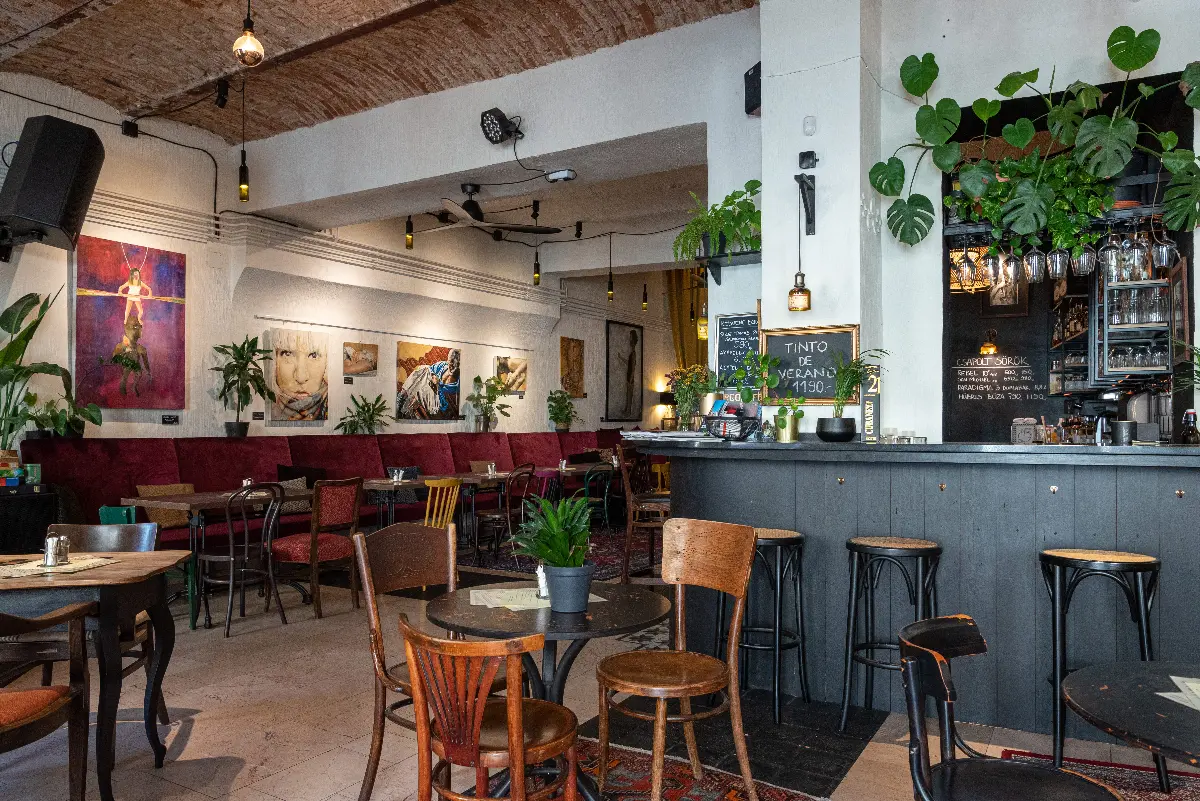
You cover a very large spectrum. Guests can have breakfast here and you are open until the evening concerts. What kind of clientele is being formed here?
Some guests only come in at a certain time of day, but this is less common. Some people visit us several times in one day. We also have guests who return from other cities. We are beginning to develop a very open and inclusive group of regular customers.
You offer a huge range of rums and have even a special rum list. Why do you focus on rum?
That is because we also like rum, and it is much easier to talk to guests in the evening and offer them what we also like to drink. This was my husband's passion in the beginning, which somewhere got mixed up with my love for Latin culture. At first, guests looked at us strangely, but to their credit, they were adventurous and started tasting, and a serious rum-loving community is beginning to form in Veszprém.
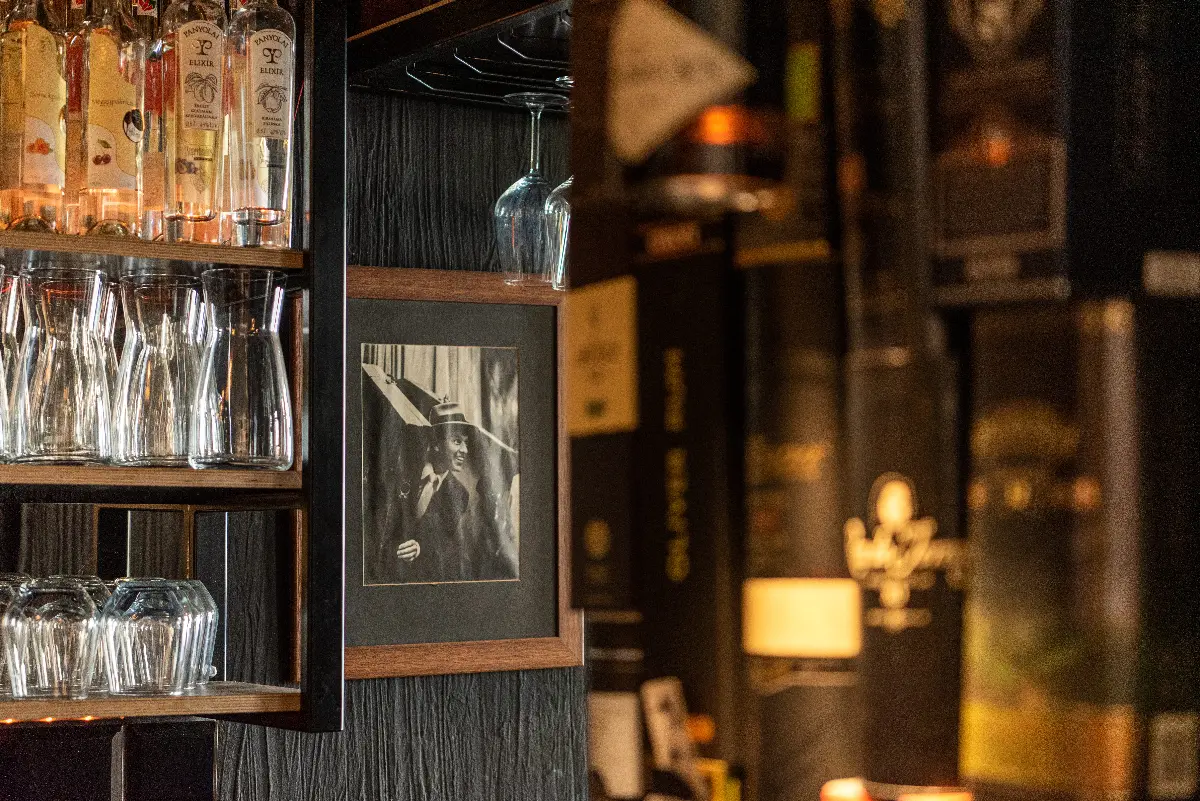
How do you choose the artists you invite here?
It has very mixed reasons: the only criterion is to be good. I also listen to a wide variety of music. I believe others are doing the same, there are just some who already know themselves and some who do not.
What are your future plans?
We will continue on the same path. Together with the VEB2023 ECF project, our goal was to have live music five times a week. We want local musicians to be involved at some level: jazz and blues musicians from the area. Many people think that jazz is a genre only for a particular layer of society, but this is not true. I find that the people often do nor even know that they like it. We started with more accessible, more popular jazz concerts after the opening, but now the audience is just as interested in the harder-to-understand music, which we are very happy about. Perhaps (also) because of this, we get a lot of positive feedback.
